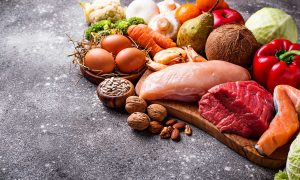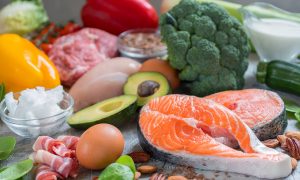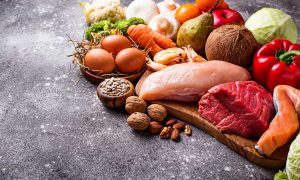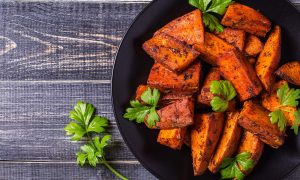7 Effective Paleo Diet Hacks And Tips
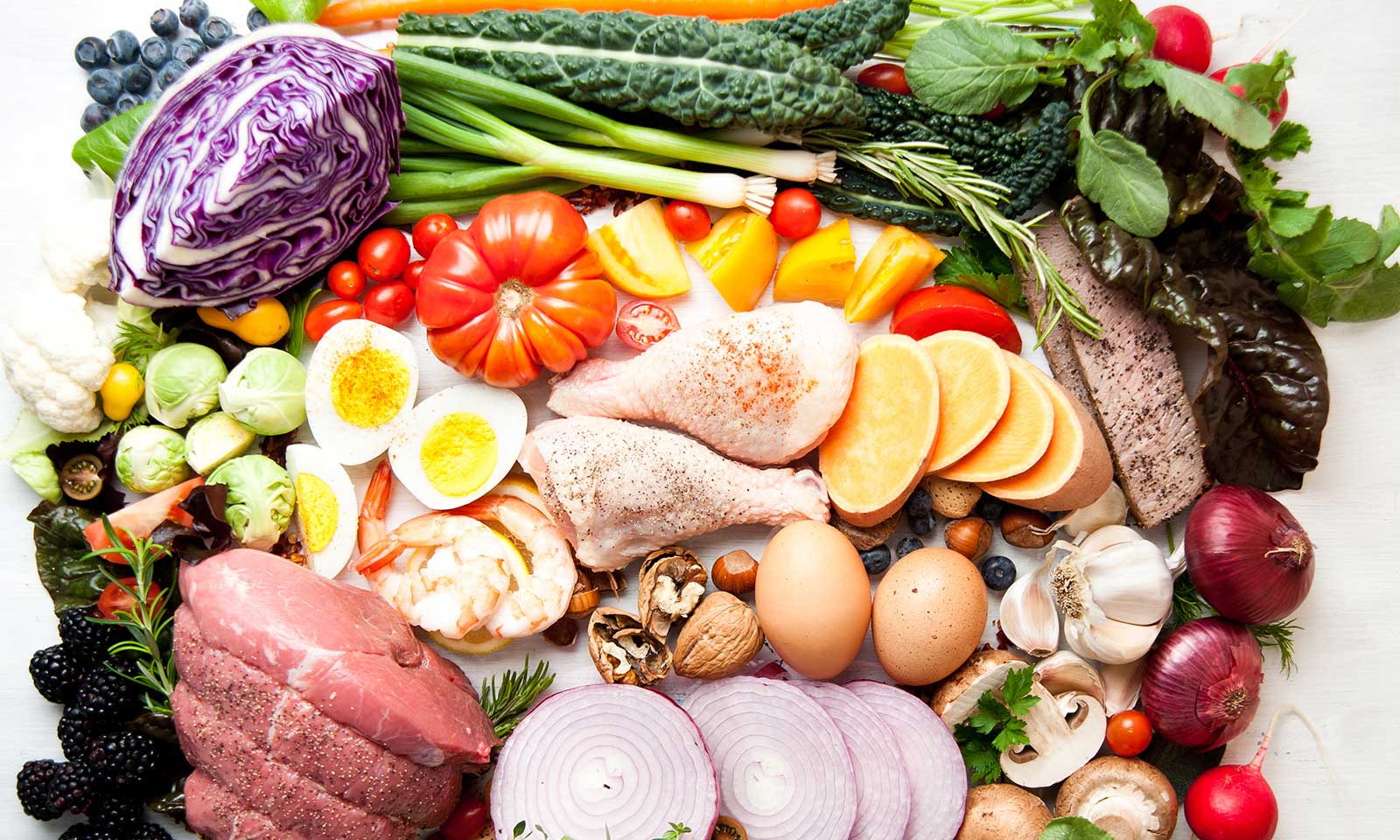
|
|
Unless you’ve been living in a cave for the last few years (pun most definitely intended) you will no doubt have heard numerous health experts and individuals in general, talking about the paleo diet and what a breath of fresh air it has been. Don’t let the name fool you however, as the paleo diet isn’t simply a diet at all, it is actually more of a lifestyle switch instead. The word ‘diet’ implies a quick fix, and that is the exact polar opposite of what the paleo diet is. If you’re unfamiliar with the paleo diet, allow us to bring you up to speed in the most basic and quickest way possible. Basically, the paleo diet is a diet and nutritional principle based upon consuming similar foods and drinks to those that were consumed via cavemen and women during the paleolithic era, a couple of million years ago. Nowadays, many food allergies are based upon wheat, gluten, dairy, and processed foods that were consumed when we discovered agriculture. These foods have been consumed for 10,000 years or so, whereas paleo-friendly foods have been consumed for millions of years. Evolutionarily speaking, we are far better equipped to be able to digest and process grass-fed meats, seafood, fish, nuts, seeds, fruits, vegetables, and healthy fats, than we are processed foods. The diet is designed to promote optimal health, prevent food allergies, and promote weight loss. Here are a few effective paleo diet hacks and tips if you’re thinking of eating like a caveman.
Research which foods you can consume

Knowing which foods and drinks you can and cannot consume whilst following the paleo diet is far easier said than done, so before beginning, you will need to do your research to help bring yourself up to speed. Whilst meats are generally fine, you must ensure that you opt for natural non-processed meats, which are often combined with cereals, grains, and other processed ingredients. Grass-fed meat is also preferred hugely as grain-fed meat can contain all kinds of GMO ingredients that can potentially damage your health. It may take time at first, but after a while, you will know exactly which foods and drinks you can and cannot consume, so life will become much easier.
Read up on paleo diets
As paleo dieting principles are so popular as they have been found to provide so many benefits, finding the right tools and resources online couldn’t be easier. Before you begin a paleo diet plan, read up on paleo diets and find out as much credible information as you possibly can. Remember, knowledge is power, so the more you know, the easier paleo dieting will become.
Don’t forget your healthy fats
People often stay well clear of fats when they’re trying to diet down, for fear of gaining weight and becoming unwell. In actual fact however, if you choose healthy fat sources, you will benefit hugely as they are very, very good for you. Polyunsaturated fats and monounsaturated fats are the most common examples of healthy fats, though there are many natural saturated fats, such as those found in grass-fed meat and in coconut oil, that are also incredibly beneficial. Healthy fats promote healthy brain function, they boost the metabolism, they assist with weight loss, they fuel the body, and they help strengthen major organs as well. Without fats, you cannot function, so make sure you are getting enough healthy fats on a daily basis. Common sources of paleo-friendly healthy fats include: grass-fed butter, olive oil, coconut oil, nuts (apart from peanuts) nut butters (apart from peanut butters) seeds, and avocados.
Don’t neglect carbs
A common misconception with paleo diets, is people think that the diets are similar to keto diets, in that they are relatively high in protein and fats, and low in carbohydrates. Whilst many common forms of carbohydrate are forbidden on paleo diets: bread, cereal, pasta, rice etc, there are still many natural sources of carbohydrate that you can, and should, consume on paleo diets. Nightshades such as potatoes, mushrooms, and tomatoes are relatively high in carbs, as are other tubers that are acceptable on the diet. Fruits are also rich in carbohydrates, though you should ensure that you don’t consume too many, as they do contain simple fructose sugars that could result in weight gain and unstable blood glucose levels.
Plan your meals

Eating on a paleo diet can come as a bit of a shock at first, especially when you learn that many of the foods, drinks, and condiments that you aren’t allowed, were once considered staple ingredients in your previous diet. Once you know what you can and cannot consume however, you should take the time to plan your meals for the next several weeks, to help ensure that you know exactly what you’re eating, and so you can organize your food shopping trips.
Accept the fact that you will struggle at times
If you previously used to consume plenty of bread, pizza, pasta, and other processed junk food, going cold turkey and cutting them out entirely will be tough, and there will be times when you fall off the wagon and cheat on your diet. When/if this happens however, don’t be too tough on yourself, don’t beat yourself up, and don’t think of it as failure. Simply dust yourself off, and get right back on it the very next day. If you’re having a crappy day and you do give in to your cravings and consume a huge bowl of pasta, cereal, or anything else, simply write that day off, and begin again the following day.
Don’t expect miracle weight losses
A lot of people seem to be under the misconception that the paleo diet is primary designed to help them lose weight, when in reality, it is more about allowing a person to take back their health by promoting optimal health and well-being. One of the perks of paleo diets is the fact that they do promote weight loss, and you will lose weight if you stick to it, but don’t expect miracle weight losses every few days, as you need to be in it for the long-haul to truly benefit. Remember, paleo isn’t a quick fix and it isn’t simply a diet, it is a lifestyle, so if you’re simply trying to lose weight as quickly as possible, you may be better trying a fad diet instead.

